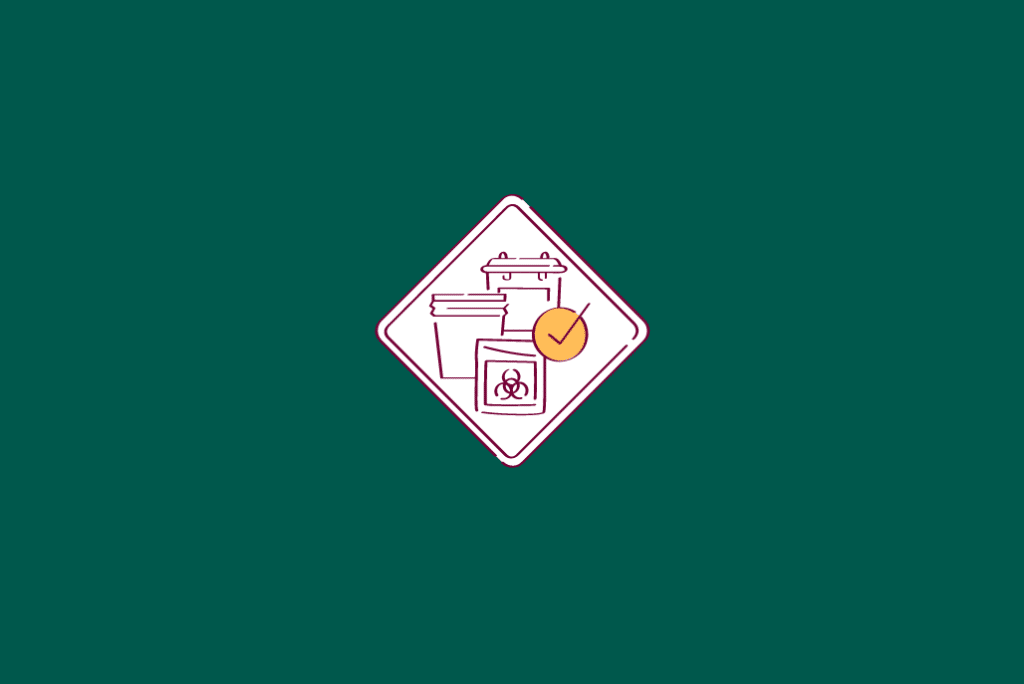The Importance of HAZOP Studies: Unlocking Safety and Efficiency
In the field of industry and engineering, safety is paramount. Companies across various sectors, from oil and gas to pharmaceuticals and chemical manufacturing, are constantly seeking ways to mitigate risks and enhance operational efficiency. One invaluable tool in this pursuit is the Hazard and Operability (HAZOP) study. This systematic and comprehensive process not only helps identify potential hazards but also uncovers opportunities for operational improvements. In this blog post, we’ll delve into the significance of HAZOP studies and why they are integral to ensuring both safety and efficiency in industrial processes.
What is HAZOP?
HAZOP, an abbreviation for Hazard and Operability, is a structured and systematic methodology employed to analyze and evaluate the potential risks and operability issues in complex industrial processes. It’s a proactive approach to risk management and involves a multidisciplinary team of experts, often including engineers, process designers, and safety professionals.
Historical Background of HAZOP:
Before we dive into the significance of HAZOP studies, let’s take a moment to explore their historical background. HAZOP, which stands for Hazard and Operability, has a rich history dating back several decades. It was developed as a logical and concise approach to analyzing and evaluating potential risks and operability issues in sophisticated industrial processes. Over the years, it has evolved and gained recognition as a proactive approach to risk management involving cross-functional teams of experts.
HAZOP in Different Industries:
HAZOP studies are not limited to a specific industry; their applicability spans a wide range of sectors. From the oil and gas industry, where the potential for catastrophic incidents is well-recognized, to pharmaceuticals and chemical manufacturing, where precision and safety are critical, HAZOP studies have found their place. The structured framework of HAZOP ensures compliance with industry-specific regulations and safety standards, making it a versatile tool for enhancing safety and efficiency in diverse settings.
The Importance of HAZOP Studies:
HAZOP studies are not limited to a specific industry; their applicability spans a wide range of sectors. From the oil and gas industry, where the potential for catastrophic incidents is well-recognized, to pharmaceuticals and chemical manufacturing, where precision and safety are critical, HAZOP studies have found their place. The structured framework of HAZOP ensures compliance with industry-specific regulations and safety standards, making it a versatile tool for enhancing safety and efficiency in diverse settings.
Risk Mitigation: The primary goal of HAZOP studies is to identify and assess potential hazards and risks within a process. By meticulously examining each component and step in a process, from the raw materials to the final product, HAZOP studies help pinpoint vulnerabilities and deviations that may lead to accidents or failures. This allows for timely risk mitigation strategies to be implemented, preventing catastrophic incidents.
Operational Improvement: While safety is the central focus, HAZOP studies also uncover opportunities for operational improvements. As the team evaluates the process step by step, they may identify inefficiencies, bottlenecks, or areas where performance can be optimized. This can lead to cost savings, increased productivity, and a more streamlined operation.
Compliance and Regulations: Many industries are subject to strict regulations and safety standards. HAZOP studies provide a methodical model for ensuring compliance with these regulations. By identifying and addressing potential issues, companies can demonstrate their commitment to safety and meet legal requirements.
Enhanced Communication: HAZOP studies foster collaboration and communication within an organization. They bring together experts from various fields, encouraging them to share their knowledge and insights. This multiskilled approach often leads to a more comprehensive understanding of the process and the risks associated with it.
Process Understanding: A thorough HAZOP study ensures that everyone involved in a project or process understands it inside and out. This is particularly valuable when it comes to training, maintenance, and emergency response. Employees who are well-versed in the intricacies of a process are better equipped to handle unforeseen situations.
Continuous Improvement: HAZOP studies are not a one-time affair. They are typically conducted at different stages of a project and periodically throughout a process’s lifecycle. This continuous improvement approach ensures that safety and efficiency remain a top priority, even as processes evolve and change.
Conclusion:
In the complex and interconnected world of industry, where safety and efficiency are critical, HAZOP studies serve as an indispensable tool. By identifying potential hazards, enhancing operational efficiency, ensuring compliance, and fostering collaboration, they contribute to the overall success of a project or process. Ultimately, the investment in HAZOP studies pays dividends in terms of safety, productivity, and peace of mind.
Whether you’re an engineer, a safety professional, or a business owner, recognizing the significance of HAZOP studies and incorporating them into your workflow can make all the difference in achieving your goals while safeguarding your operations.
The HAZOP process is not merely a box to check; it’s a mindset that prioritizes safety and efficiency in an ever-evolving industrial landscape.







